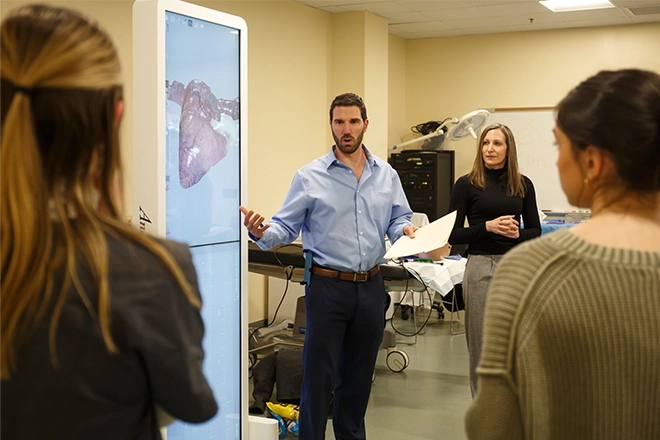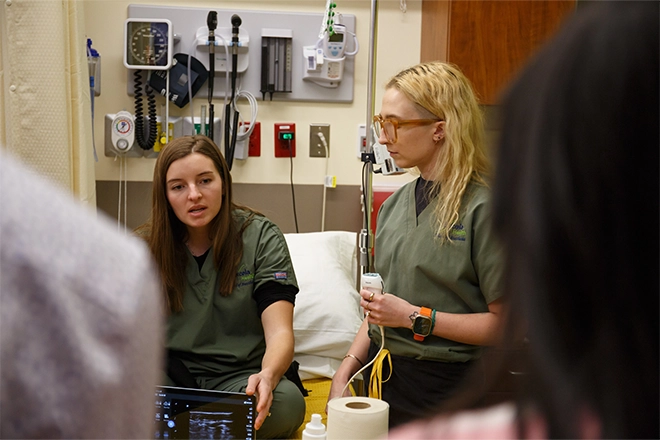Pre-Professional Programs
-
In This Section
A Strong Foundation for Your Future Career
Our pre-professional programs are designed to give students a strong foundation for their future careers. We provide comprehensive preparation for entrance exams, guidance on graduate school applications, and personalized mentoring to help students reach their goals. Beyond the classroom, students benefit from clubs, activities, and trips that enrich their experience and broaden their perspectives. With structured support and real-world opportunities, SVC ensures that students are ready to excel in competitive fields and take the next step with confidence.
Students pursuing a professional degree will choose a major that will help them achieve future goals while benefiting from the pre-professional program’s mentorship and academic guidance. Some of our programs include partnerships with other schools, which offer students a streamlined path to their next degree, ensuring a seamless transition from undergraduate studies to professional training.
Pre-Professional Programs
Undergraduate Admission
Phone:
800-782-5549
Ext. 2500
Email:
admission@stvincent.edu
Pre-Professional Programs
-

Pre-Law
Our pre-Law program provides a strong foundation in critical thinking, communication, and analytical skills to prepare you for law school and a successful career in the legal field.
-

Pre-Health
Our pre-dental, pre-chiropractic, pre-allopathic, pre-osteopathic, pre-optometry, pre-podiatric, pre-veterinary tracks will build a strong foundation toward a rewarding career in the medical field.
-

Pre-Allied Health
Our pharmacy, physical therapy, occupational therapy, physician assistant, and athletic training programs are designed to equip you with the knowledge and skills to advance toward a career in healthcare.
Pre-Professional Programs
Undergraduate Admission
Phone:
800-782-5549
Ext. 2500
Email:
admission@stvincent.edu
